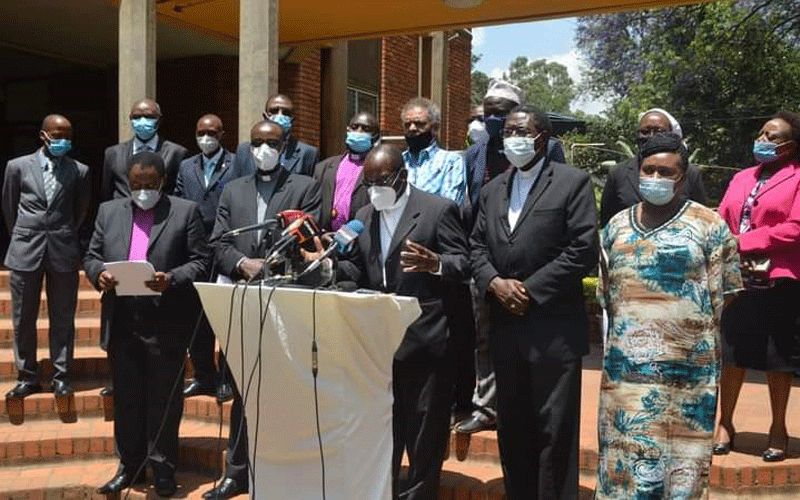Nairobi, 16 October, 2020 / 10:08 pm (ACI Africa).
Religious leaders in Kenya have called for an inclusive national dialogue that would involve “all Kenyans” in view of defusing tensions that have characterized the political landscape in the East African nation.
In a collective statement issued Friday, October 16, the leaders caution, if Kenyans “do not have an urgent change of heart, we risk experiencing widespread conflict and violence before, during and after the 2022 elections.”
“We call upon all Kenyans and more so the political and religious leaders, to spearhead a national dialogue process designed to defuse the tension in the country,” representatives of religious leaders in Kenya under the auspices of the Dialogue Reference Group (DRG) say in their collective six-page statement issued during the October 16 press conference.
In making their case for an inclusive national dialogue, DRG officials revisit the three scenarios highlighted in July 2018 as probable situations that Kenyans could face in the near future if the country’s leadership does not address issues of contention.
Scenario one situation, the representatives of the eight-member religious bodies recalls, is that of “normalized crisis and national stagnation,” which is the “default setting for Kenya, where the country is stabilized but the underlying conflicts are not resolved.”








